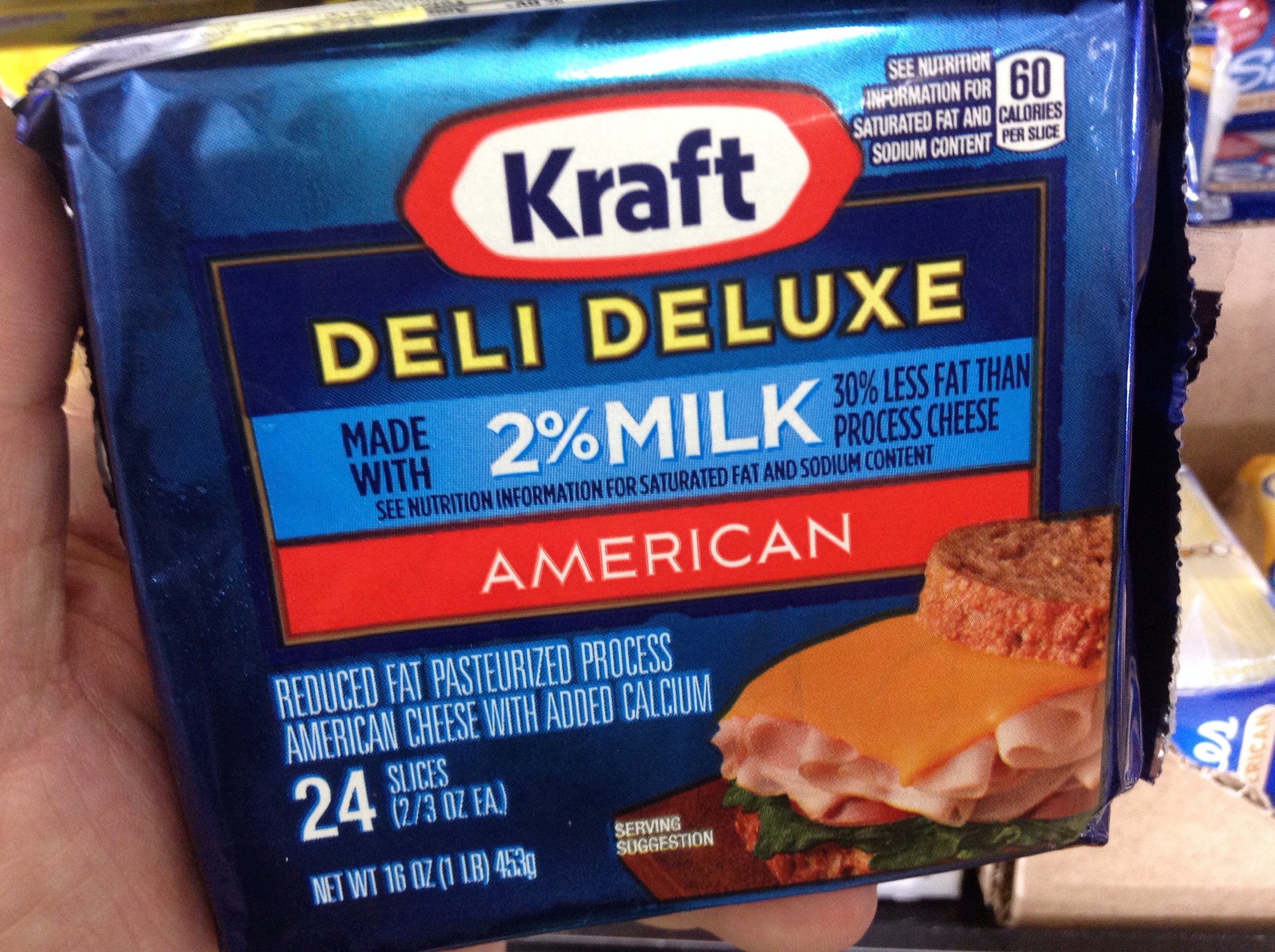Nutritional sirens flare when a food label lists sodium phosphate, sorbic acid, sodium citrate and sodium sulfate as ingredients in its product.
When the Academy of Nutrition and Dietetics, the world’s largest organization of food and nutrition professionals, offered to endorse Kraft Singles (a product containing all of these synthetic preservatives), those sirens became far more disconcerting in the field of public health.
According to a March 13 story by ABC News, because of strong lobbying and the payment of an undisclosed amount to the Kids Eat Right advertisers, Kraft had been granted approval to label their Singles with the “Kids Eat Right” logo. This advertising would have created the false impression that Kraft’s product was considered a healthy food that could help fill the gap in calcium intake for children ages 4-18. Many nutritionists were skeptical due to the various ingredients in Singles that do not fit the bill for nutritional eating.
A group of these dietitians sought to repeal this blatant attack on nutrition through a Change.org petition and believed that Singles would do more harm to that population due to their highly processed nature. Furthermore, they believed that supporting Kraft through the label would disperse faulty information to families who were searching for healthy food options for their children and decrease the legitimacy of the Academy.
The nutrition activists were successful; as of March 31, Kraft and the Academy are no longer going through with applying the Kids Eat Right logo on Singles due to the negative public response.
In the history of the food industry, Kraft has been targeted for using additives such as sugar, dyes, preservatives and salt in their products. In 2003, due to FDA scrutiny, the company was also forced to change its product name to “pasteurized prepared cheese product” due to its use of milk protein concentrate, a compound banned in the definition of “pasteurized, processed cheese food.”
Flashing forward about a decade from that incident, much of that institutional scrutiny has changed.
To clarify its stance and defuse some of the distaste from allowing for Kraft to falsely re-brand their product, the Academy stated that Kraft supports its mission, but the Academy did not support Kraft. They claimed no outright endorsement of any brand or company but asserted that Kraft acknowledged their mission to create a healthier youth.
In a day and age where policy making is controlled by hardball politics and the power of the purse string, strategic lobbying can have a large influence on public opinion, especially in the complex field of nutrition.
In the case of Kraft Singles, that financial power was utilized to impart a fabricated depiction of a product that holds little to no nutritional value in a child’s diet. Kraft was almost able to maneuver its way into a new market filled with the authentic super foods by advertising that their mission is to eliminate a disparity in calcium intake.
However, those who understood the true nature of this beast opposed the venture with force and will continue to elucidate the misinformation circulated in grocery store aisles.
Kraft, thank goodness we have “Repealed your Seal.”
Faizah Shareef is a senior majoring in exercise physiology.
Featured image courtesy Flickr user Mike Mozart






